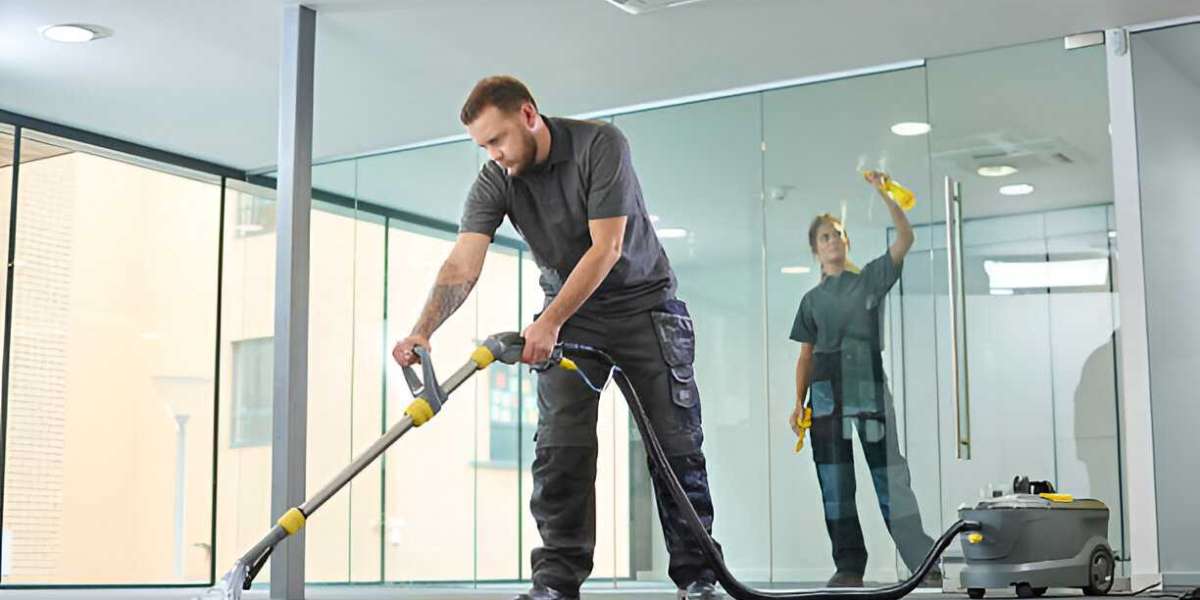When parents go through a divorce or separation, one of the most emotionally charged and legally complex issues to address is child custody. In New Jersey, the courts prioritize the best interests of the child when making custody decisions. Parents seeking guidance on custody matters can benefit from the expertise of a New Jersey divorce lawyer and a child custody lawyer to navigate this challenging process. Understanding the legal framework surrounding child custody in New Jersey is essential for parents who want to protect their relationship with their children while complying with the law.
Types of Child Custody in New Jersey
New Jersey recognizes two primary types of custody: legal custody and physical custody.
Legal Custody refers to the authority to make important decisions regarding the child’s welfare, such as decisions about education, healthcare, and religious upbringing. In New Jersey, parents can share legal custody (joint legal custody) or one parent can have sole legal custody. Most courts favor joint legal custody unless there is evidence that it would not be in the child’s best interest.
Physical Custody pertains to where the child will live on a day-to-day basis. If one parent has physical custody, the child will reside with that parent for most of the time. However, physical custody does not necessarily mean that the other parent cannot spend significant time with the child. New Jersey courts aim to create a custody arrangement that supports a child’s relationship with both parents, if possible.
Factors the Court Considers
When determining custody arrangements, the court looks at several factors to assess the child’s best interests. Some of these factors include:
- The child’s relationship with each parent: The court considers the bond the child has with both parents, including emotional ties and the involvement of each parent in the child’s life.
- The parents’ ability to cooperate: Courts favor parents who can effectively communicate and work together in making decisions for the child. A cooperative attitude often leads to joint custody arrangements.
- The child’s preference: In some cases, especially with older children, the court may consider the child’s preference regarding custody. However, the child’s preference is not the only deciding factor.
- The physical and emotional needs of the child: The court evaluates the child’s needs and whether each parent can provide for those needs in terms of physical care, emotional stability, and a safe environment.
- The parents' stability: The court assesses the physical and emotional stability of each parent, as well as any history of domestic violence, substance abuse, or criminal behavior that may affect the child’s safety.
Joint vs. Sole Custody
Joint Custody is often the preferred arrangement in New Jersey, as it allows both parents to share in the decision-making process and maintain an active role in the child’s life. Joint custody can be joint legal custody, joint physical custody, or both. Courts are inclined to award joint custody as long as it’s in the child’s best interest, and the parents can work together.
Sole Custody, where one parent has both legal and physical custody, is typically awarded when joint custody is deemed unsuitable. This could be due to one parent’s inability to care for the child, a history of abuse, or a lack of cooperation between the parents. In some cases, the non-custodial parent may still have visitation rights.
Parenting Time and Visitation
In cases where parents do not have joint physical custody, the court will typically grant parenting time or visitation rights to the non-custodial parent. This ensures that the child maintains a relationship with both parents. The specifics of the visitation schedule can vary depending on the circumstances, including the child’s age, the parents' work schedules, and the distance between the parents’ homes.
In some cases, if there are concerns about the child’s safety or well-being, supervised visitation may be required. A child custody lawyer can help ensure that the visitation schedule reflects the child’s needs and any unique circumstances involved.
Modifications to Custody Orders
Child custody arrangements are not set in stone. If there is a significant change in circumstances, either parent may petition the court for a modification of the custody order. Changes in circumstances could include:
- A change in the parents’ living situation or employment
- A parent’s relocation to a different area
- A change in the child’s needs or preferences
- Allegations of abuse or neglect
It is crucial to consult with a New Jersey divorce lawyer or child custody lawyer if you believe a modification is necessary. The court will require substantial evidence that a change is in the child’s best interest before modifying the custody order.
The Role of Mediation
Before resorting to a court battle, many parents seek to resolve custody disputes through mediation. Mediation is a less adversarial process where both parents work with a neutral third party to reach an agreement on custody and parenting time. This process can be less stressful for the child and more cost-effective for the parents.
A child custody lawyer can assist in preparing for mediation and ensuring that any proposed agreement serves the child’s best interests. If mediation fails to resolve the dispute, the case will proceed to court, where a judge will make a final decision on custody.
Why You Need a New Jersey Divorce Lawyer or Child Custody Lawyer
Navigating child custody laws can be emotionally and legally complex. An experienced New Jersey divorce lawyer or child custody lawyer can guide you through the process, ensuring that your rights as a parent are protected and that the custody arrangement reflects the best interests of your child.
If you are facing a custody dispute or need assistance with creating a parenting plan, don’t hesitate to seek legal counsel. A qualified attorney can help you understand your options, advocate for your rights, and help you achieve a fair and supportive custody arrangement for your child.
Conclusion
Child custody is one of the most significant issues in a divorce or separation. Understanding the laws, the factors the court considers, and the types of custody arrangements available is essential for parents in New Jersey. With the help of a skilled New Jersey divorce lawyer and child custody lawyer, parents can navigate this process with confidence and work toward a solution that is in the best interest of their child.













